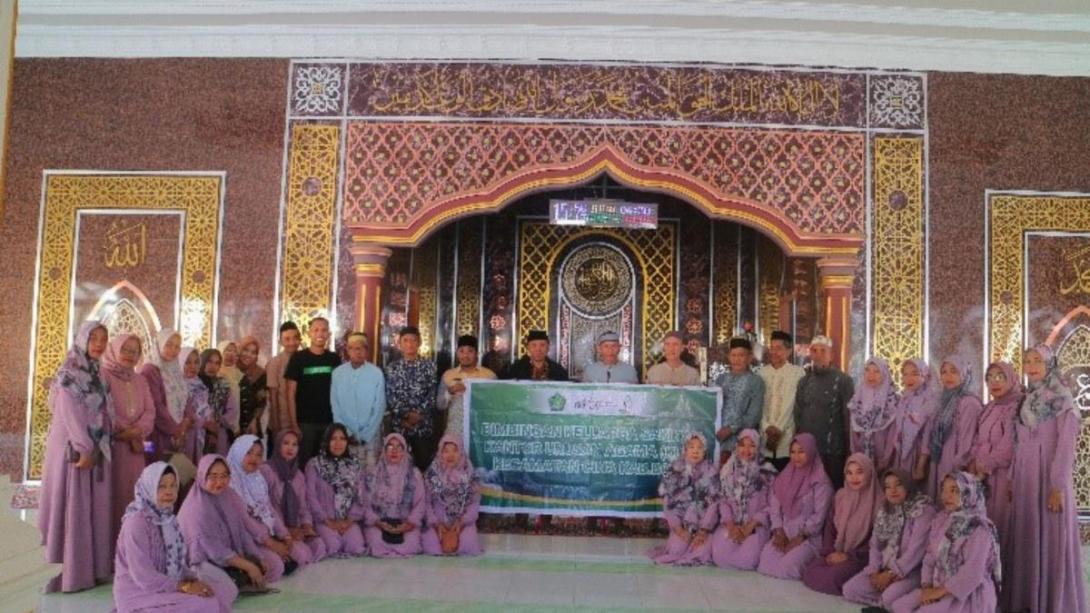
“Involving religious figures not only added trust but also made the campaign resonate in the deepest cultural and moral layers of society.”
The goal of the project is to increase the understanding and awareness of children and parents about child marriage.
Main Objectives:
- Work with religious leaders to share and campaign for child marriage prevention through religious forums.
- Empower trained teachers to campaign child marriage prevention to the students in the school.
Yusri’s action project sought to reduce child marriage in Awo Village, Bone, South Sulawesi, by enhancing the understanding of both parents and children about its harmful impacts. Initially focused on engaging schools and teachers, the project underwent a strategic shift during implementation—realizing that religious leaders held greater influence in shaping community norms. Through a co-design process, the project adapted its strategy to engage religious forumslike Majelis Taklim (women’s Islamic studies groups) and Friday sermons (for men) to campaign against child marriage using Islamic perspectives rooted in justice and protection.

In addition to these religious forums, the project broadened its reach through local radio broadcasts featuring religious leaders, child protection officers, and youth representatives. These broadcasts allowed the message to reach rural audiences with limited access to formal education or internet. Collaborating with stakeholders like the Ministry of Women’s Empowerment, Health Department, and village authorities, the project positioned religious and cultural dialogue as central tools to shift public perception and generate collective awareness. Religious leaders not only participated but also continued spreading the message after the project formally ended.
Despite the limited resources and delayed start due to the national elections, the project exceeded its outreach expectations and prompted a positive shift in community attitudes. It created a sustainable, culturally resonant model that emphasized the importance of involving trusted figures in behavior change. The revised theory of change confirmed that engaging religious leaders alongside educating families would be more effective than standalone school-based approaches. The project set the foundation for future advocacy and broader systemic change to delay child marriage practices.

